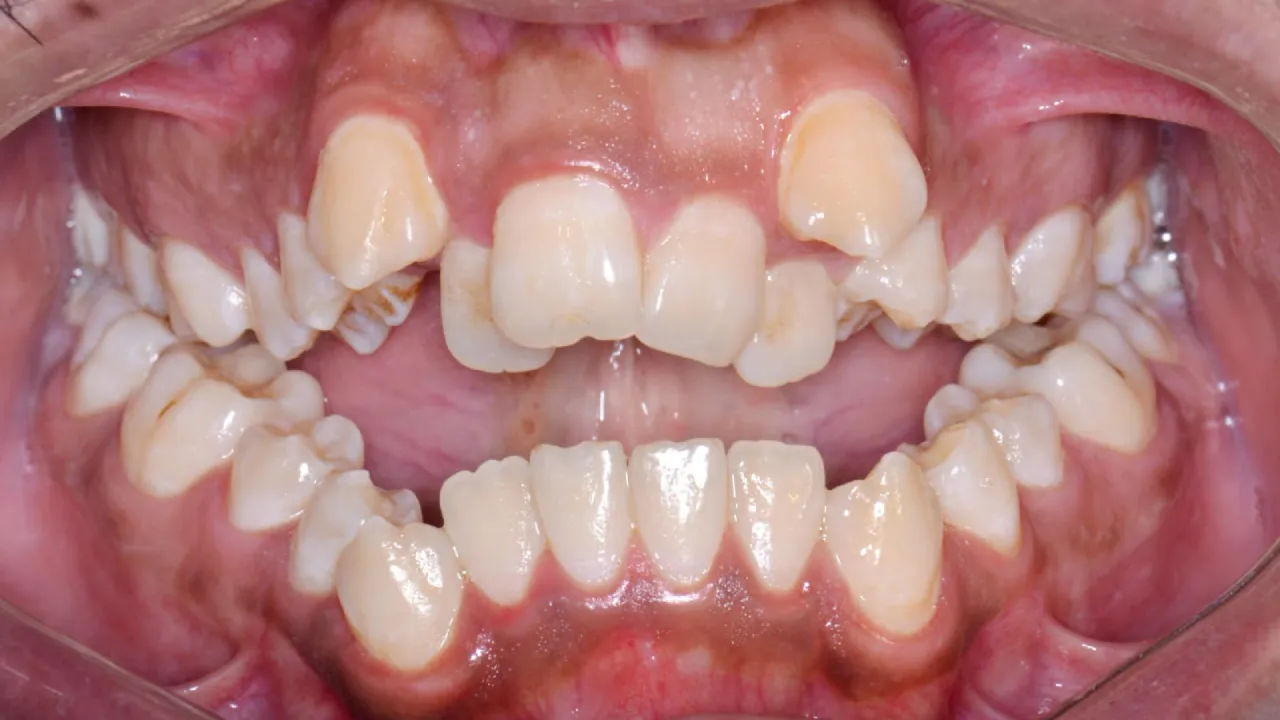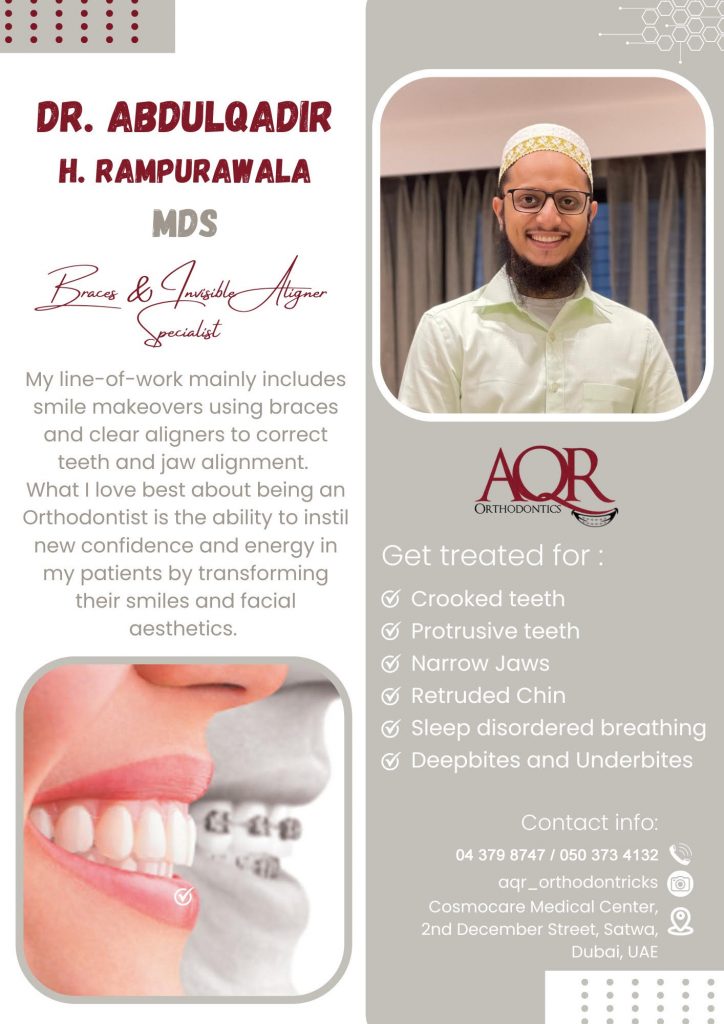Dental crowding, or the misalignment of teeth due to insufficient space in the jaw, is one of the most common orthodontic issues people face. Crowded teeth not only affect the aesthetics of your smile but can also lead to various oral health issues if left untreated.
Causes of Dental Crowding
1. Genetics: Many cases of dental crowding are hereditary. If parents have small jaws or large teeth, children may inherit these traits, leading to crowding as permanent teeth come in.
2. Premature Loss of Baby Teeth: When baby teeth fall out too early, nearby teeth may shift into the empty space, disrupting the alignment of incoming permanent teeth and causing crowding.
3. Late or Abnormal Loss of Baby Teeth: If baby teeth don’t fall out on time, the permanent teeth may erupt in abnormal positions, often causing them to overlap or become crowded.
4. Jaw Growth Patterns: A discrepancy in jaw size or growth can also lead to crowding. Some people may have smaller-than-average jaws, creating insufficient space for teeth.
5. Habits in Early Childhood: Extended thumb-sucking, prolonged use of pacifiers, or tongue-thrusting habits can influence jaw development and contribute to misaligned, crowded teeth.
Consequences of Dental Crowding on Oral Health
- Difficulty Cleaning Teeth: Crowded teeth make brushing and flossing harder, leading to plaque build-up in hard-to-reach areas and increasing the risk of cavities and gum disease.
- Increased Risk of Gum Disease: Poor oral hygiene due to crowded teeth can lead to gingivitis and periodontitis. Crowding can also cause gums to recede as the pressure from misaligned teeth pushes on surrounding gum tissue.
- Potential for Speech Issues: Crowding may lead to speech difficulties by affecting the positioning of the tongue and teeth when forming sounds. Certain sounds, like “s” or “z,” may be harder to pronounce, potentially leading to a mild lisp or articulation issues.
- Wear and Tear: Crowded teeth can rub against each other, causing abnormal wear, chipping, or cracking over time.
- Bad Breath: Plaque build-up in crowded areas can lead to bad breath (halitosis), as food particles and bacteria accumulate in tight spaces.
- Potential Jaw Pain: Dental crowding can affect how upper and lower teeth fit together (occlusion), sometimes leading to jaw discomfort, pain, or even TMJ issues in severe cases.
Addressing Dental Crowding
Addressing crowding with orthodontic treatment not only improves the appearance of your smile but also contributes to better oral health. Straightening crowded teeth with braces or aligners allows for easier cleaning, reducing the risk of decay, gum disease, and other complications.
Orthodontic care for dental crowding is an investment in both your health and confidence, offering lifelong benefits. If you have crowded teeth, come visit us at Cosmocare Medical Center and get your case evaluated by our orthodontist.


